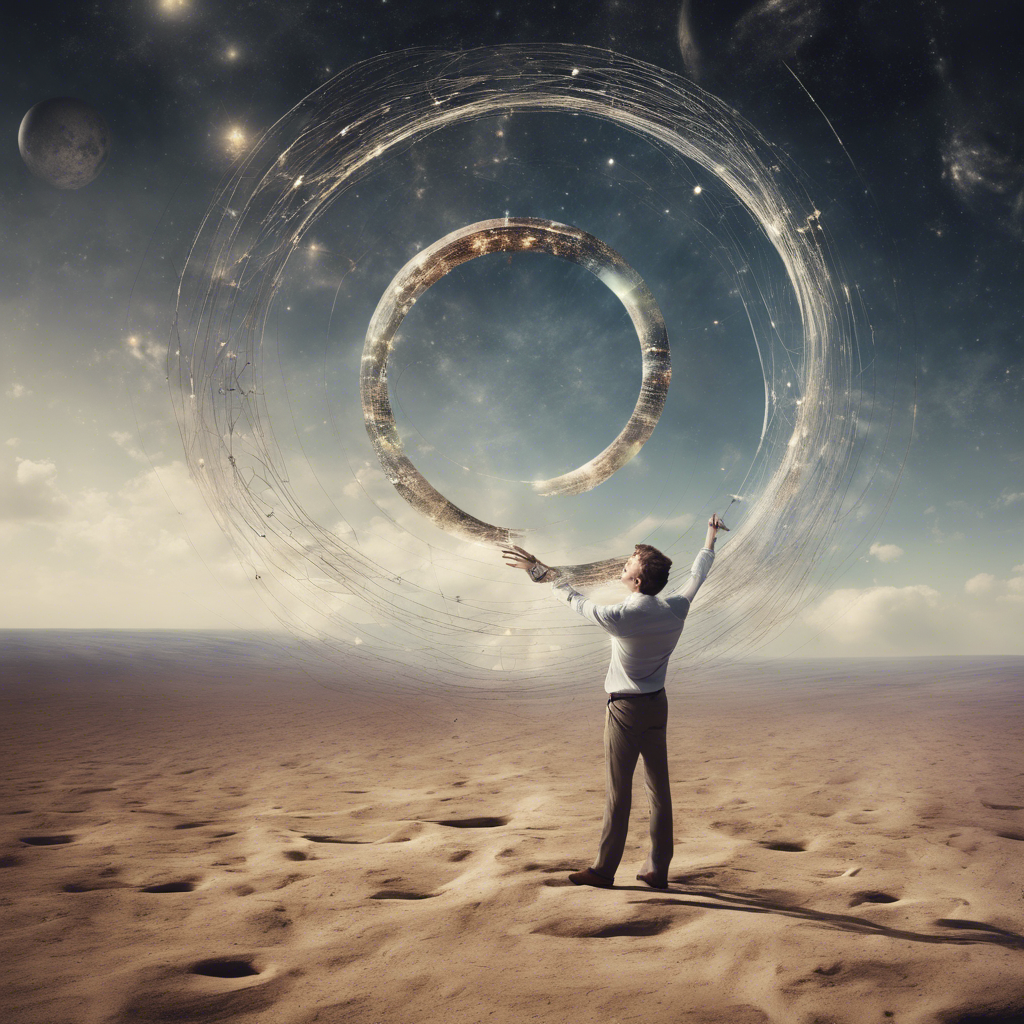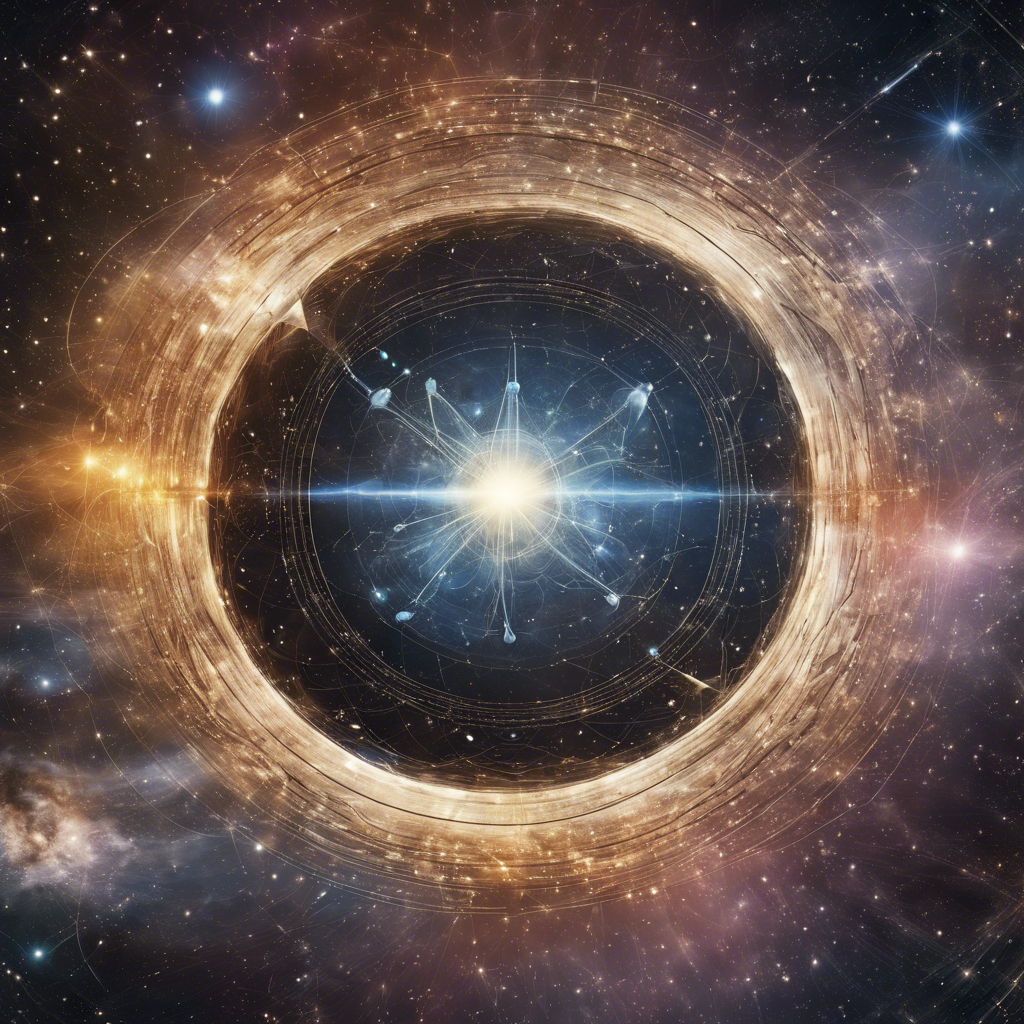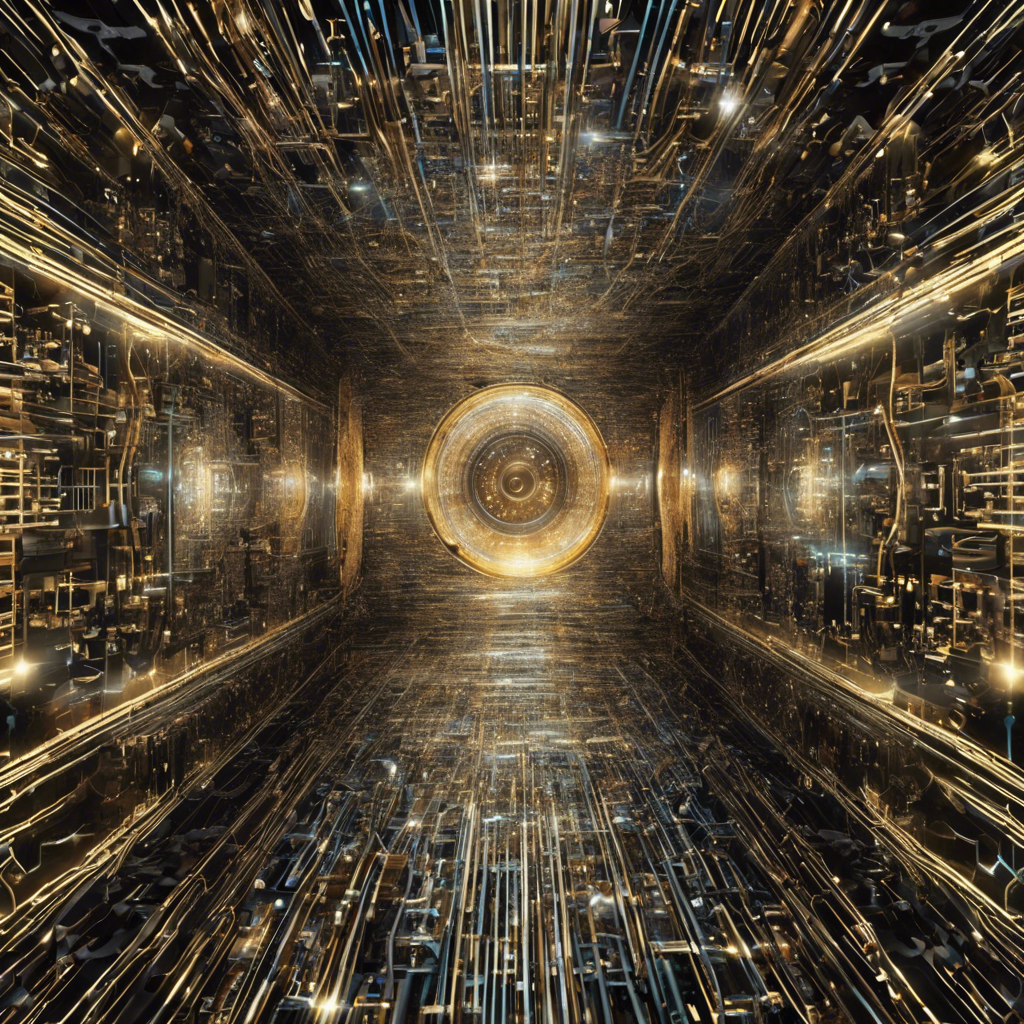Proposed theory aims to unify Einstein’s theory of gravity with quantum mechanics and offers experimental testing
The quest for a Unified Theory of Everything, which combines Einstein’s theory of gravity with quantum mechanics, has long eluded scientists. While quantum physics has successfully described the micro-scale world, gravity remains the elusive missing piece. However, a newly proposed theory challenges the conventional approach by suggesting that spacetime follows classical physics, while quantum theory needs modification. This groundbreaking theory, known as the “postquantum theory of classical gravity,” not only offers a fresh perspective on the nature of gravity but also provides a way to experimentally test its validity.
1: Einstein’s Theory of General Relativity and the Fabric of Spacetime
Einstein’s theory of general relativity, which describes gravity as the curvature of spacetime caused by massive objects, has been the most accurate model to date. It explains how masses create “dips” in the fabric of spacetime, analogous to a bowling ball resting on a trampoline. This theory has withstood numerous tests over the past century and continues to make successful predictions, such as the detection of gravitational waves in 2015.
2: The Challenge of Unifying Gravity with Quantum Mechanics
While general relativity has proven its worth, it fails to align with the other three fundamental forces described by quantum mechanics. Scientists have explored various theories of “quantum gravity” in an attempt to reconcile these discrepancies. However, the search for the hypothetical carrier particle of gravity, the “graviton,” has yielded no experimental evidence thus far. The need to “quantize” spacetime itself further complicates the quest for a Unified Theory of Everything.
3: The Postquantum Theory of Classical Gravity
Professor Jonathan Oppenheim from University College London proposes a different approach in his study. He suggests that spacetime follows classical physics, while quantum theory requires modification. Oppenheim’s “postquantum theory of classical gravity” couples classical and quantum systems together, preserving the characteristics of each. This hybrid theory allows for non-deterministic predictions, where the probability of specific states occurring in the future can be calculated.
4: Intriguing Predictions and Experimental Testing
Oppenheim’s theory makes intriguing predictions that challenge some fundamental principles of quantum theory. For example, it suggests that black holes can destroy quantum information, which contradicts current understanding. However, the theory also provides a way to experimentally test its validity. If spacetime is classical, it should undergo random fluctuations that subtly affect the mass of objects over time. Measuring the precise weight of objects, such as the International Prototype of the Kilogram, could reveal whether spacetime is classical or quantum.
5: The Future of the Postquantum Theory of Classical Gravity
While Oppenheim’s theory may face skepticism and require further testing, it offers a fresh perspective on the nature of gravity and spacetime. The proposed experiments have the potential to either confirm or refute the theory, leading to a deeper understanding of the fundamental forces of the universe. Whether the postquantum theory of classical gravity becomes widely accepted or joins the realm of intriguing scientific ideas remains to be seen.
Conclusion:
The search for a Unified Theory of Everything continues to captivate scientists, and the newly proposed postquantum theory of classical gravity offers a unique perspective on the elusive nature of gravity. By challenging the conventional approach and suggesting modifications to quantum theory, this theory opens up new avenues for experimental testing. While its predictions may raise eyebrows, the proposed experiments could potentially provide evidence that either supports or refutes the theory. Only time will tell if Oppenheim’s theory will revolutionize our understanding of gravity or become another footnote in the history of scientific exploration.
Sources: UCL, American Physical Society











